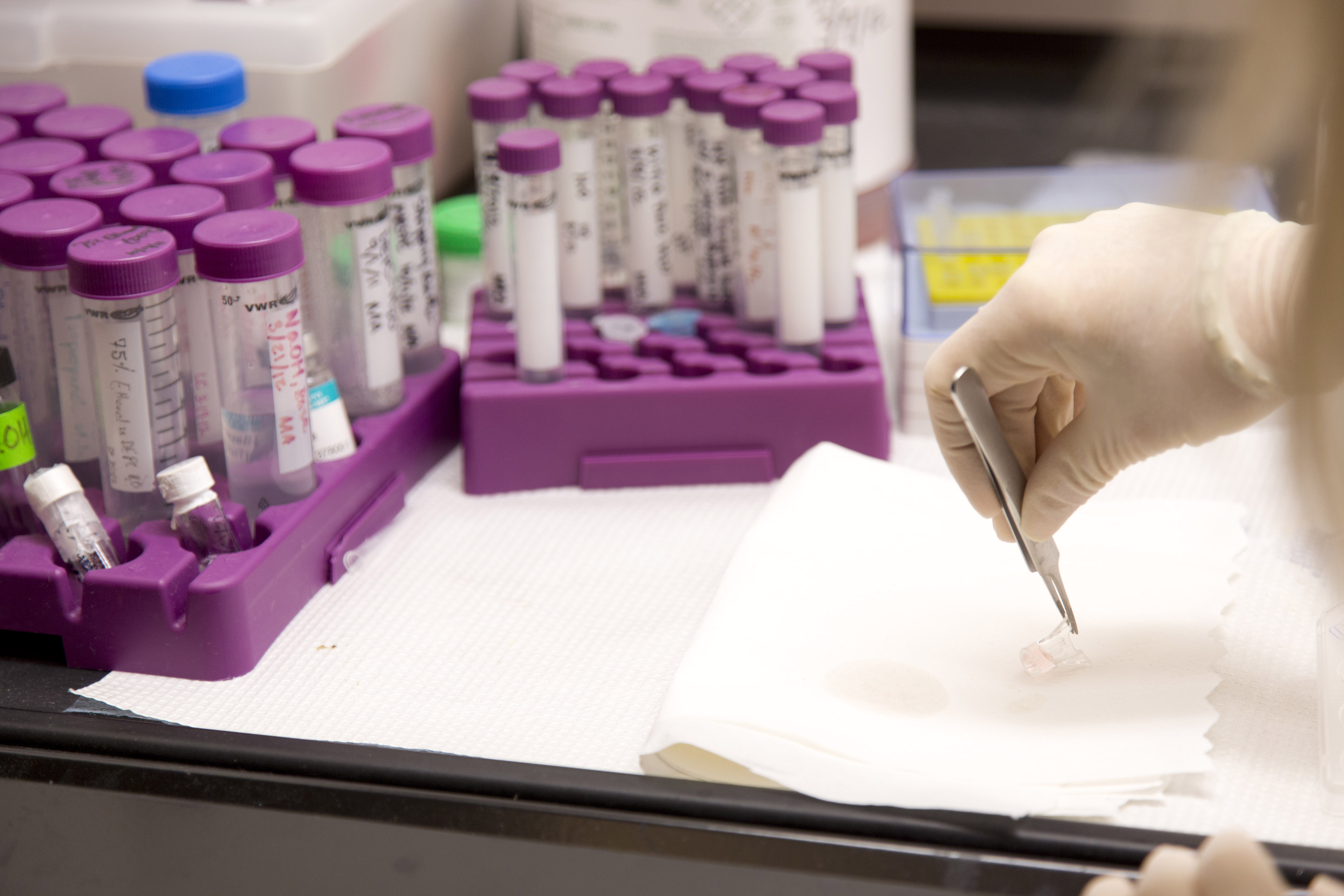Art students need paint, brushes and paper to create their works. Chemistry students need chemicals and test tubes to complete experiments in labs.
Starting in spring 2020, University of Georgia students will not have to pay additional laboratory and supplementary course material fees for those supplies.
“All students at UGA should have the same access to the classes required for their degrees,” said UGA President Jere W. Morehead. “By eliminating course material fees, the university is removing a potential financial barrier to ensure that our students can focus first and foremost on learning. My administration remains committed to supporting our students through this initiative as well as continuing to raise new scholarship funds during the final year of our capital campaign.”
Roughly 450 courses at UGA, mostly in the arts and sciences, have laboratory and supplemental course material fees that range from $5 to $200. The fees cover items like lab or supply kits, consumables such as paper and chemicals, and even instructional computing site license fees not eligible for Student Technology Fee funds. Some 13,000-14,000 students pay approximately $50 per semester, on average, in these additional fees.
Putting an end to the fees not only will open the opportunity for all interested students to take these classes but also will ensure that they are aware of their expenses upfront. Student Government Association President Rachel Byers commends the administration’s action.
“As higher education costs rise nationwide, the SGA is always excited for any measures that aid student affordability,” said Byers, a fourth-year student in political science and communications studies. “The elimination of lab and supplementary course material fees is a noble measure by university administration that will have a twofold effect. First, it reduces the cost of college for cash-strapped students. Second, it helps those students who might be passionate about a specific subject matter but choose not to take the class because of cost concerns. The positive result is that students have the ability to explore their passions without worrying about their bank accounts.”
The elimination of course material fees is the latest step in a number of university initiatives to control costs for students. Last spring the university awarded “mini-grants” totaling $50,000 to 14 faculty members in 10 academic units to help them transition their courses from costly textbooks to open digital texts or other affordable alternatives. This first cycle is expected to save 7,400 students a total of $770,000 in textbook costs each year. A second wave of the program is being offered this year, with proposals due from faculty members on Nov. 15. The program is administered by the UGA Libraries and the Center for Teaching and Learning.
“We are committed to relieving a source of financial pressure for students to help them take the classes they need without having to worry about additional costs,” said Rahul Shrivastav, vice president for instruction. “At the same time, we are taking steps to ensure that faculty have the necessary resources to secure the class supplies they need to teach their classes effectively.”
The course material fees total approximately $1.2-$1.3 million annually. The university will still provide funding to buy these materials at wholesale or in bulk through state purchasing contracts. The Office of the Vice President for Instruction will establish a process by spring 2020 for faculty and academic departments to apply for the annual funding. For the spring and summer 2020 semesters, funding will be provided based on student registration and previously approved fee levels for the respective courses.


